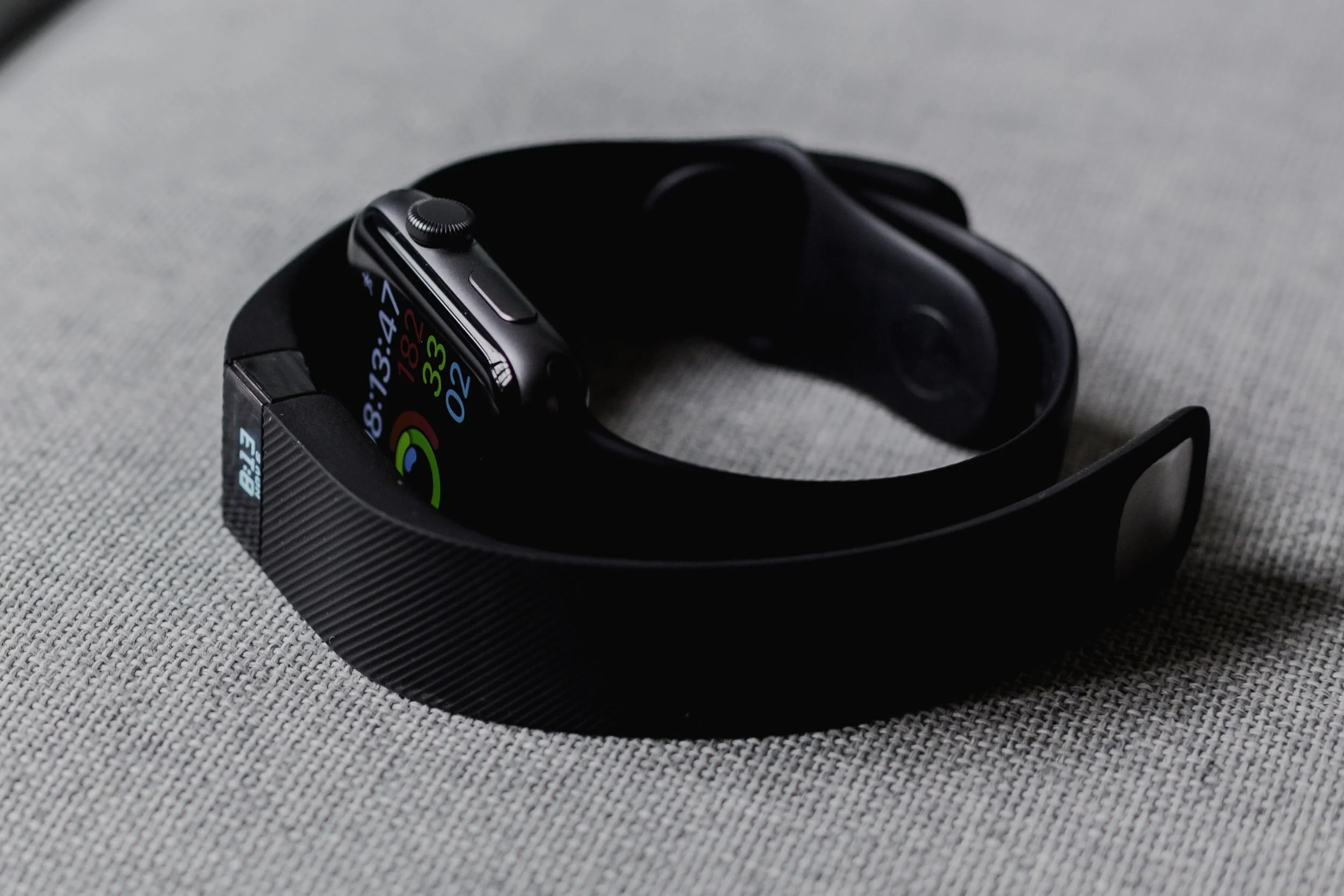Blood Tests For Health
Don’t you think it’s weird that we treat our cars better than we treat ourselves? I mean, we don’t live outside and sleep on the road or anything, but we also don’t keep an eye on our health as well as we should each year. We don’t give ourselves an MoT.
Empowered healthcare is now at the stage where anyone and everyone can take full control over their own wellbeing. More than ever before we know the importance of diet and exercise, and how these factor into your long-term health. But how do we track it and how do we do something about it?
1st Generation - Simple Measures
Scales. Height rulers. BMI.
Simple ways to measure yourself and crude measures at that. The BMI is okay for most people, but it runs into trouble if you’re muscly as it thinks you’re overweight if you’re actually hench. But that’s not the case for most people, despite what some people think ;)
Keeping track of your weight is a very basic way to keep on top of your health. We’ve been doing it for generations. Surely there are better ways?
2nd Generation - Wearable Tech
Fitbits, Apple watches, fitness trackers and fitness apps, etc. etc. These are pretty good and you’re now beginning to monitor yourself regularly. Whether or not that’s necessary is a discussion for another time, but in the last few years we’ve seen a big move towards people keeping an eye on their health based on personal readings. However, there are a few issues:
Is it useful to measure things like oxygen saturations and constant heart rate, or can it create unnecessary anxiety, cause you to pursue unreachable goals or lead you down pseudoscience avenues?
Although the monitors are measuring you personally, you’re then being analysed in very loose terms. Yes, we can measure your heart rate, but why is your heart rate fast or slow? Can you make lifestyle changes based on this very vague data output? Do you really know what’s going on inside yourself?
Wearables definitely have their uses, but unless they’re niche medical wearables, most consumer devices are more useful and fun for fitness tracking and diet tracking - i.e. things you’re doing on the outside, not looking at things that are going on on the inside. And that brings us to…
3rd Generation - Biomarkers
Biomarkers. That is, blood tests for health, not blood tests for sickness.
Blood tests have, until recently, been the remit of medical professionals. Doctors like me would only take them when you’re sick and we’d treat you based on the results. This has skewed our understanding and perception of these kinds of tests to an association with illness and negative times in your life.
But that’s not the case anymore. With companies like Medichecks* it is now possible for you yourself to keep abreast of your health from the comfort of your own home. And I really do mean health and not sickness. We’re now in a position where, like with our cars, we can do an annual health check. Starting these early in your life will change your perception of blood tests. You will expect to see GOOD results, not be worried about potential bad ones. One year you might see one of your markers - perhaps your cholesterol, go slightly ‘off’. At that point you can make a simply lifestyle change to bring it back to normal. This is real empowered preventative medicine at play.
At the moment we just wait for you to get sick and by the time we pick up on the issue it’s normally too late to do something about it through lifestyle alone and you’re on the path to medication, surgery and potentially even worse things. With blood tests you never need to get sick in the first place.
And what’s more, these biomarkers are not like wearable tech. They are not crude measures of your output, they are YOU. They are literally how your body is functioning and working, so you can make personal changes to your life and see the impact on an individual level in a way which is completely tailored to you.
That is the future of empowered healthcare. I tell a lie, it’s already the case, we’re just waiting for more people to realise it.
This topic is very close to my heart and that’s why I’ve made a full playlist of videos explaining these blood test biomarkers from a preventative and safe point of view. You can see them all here:
*Disclaimer: I work for Medichecks, but there are many more similar companies out there.


